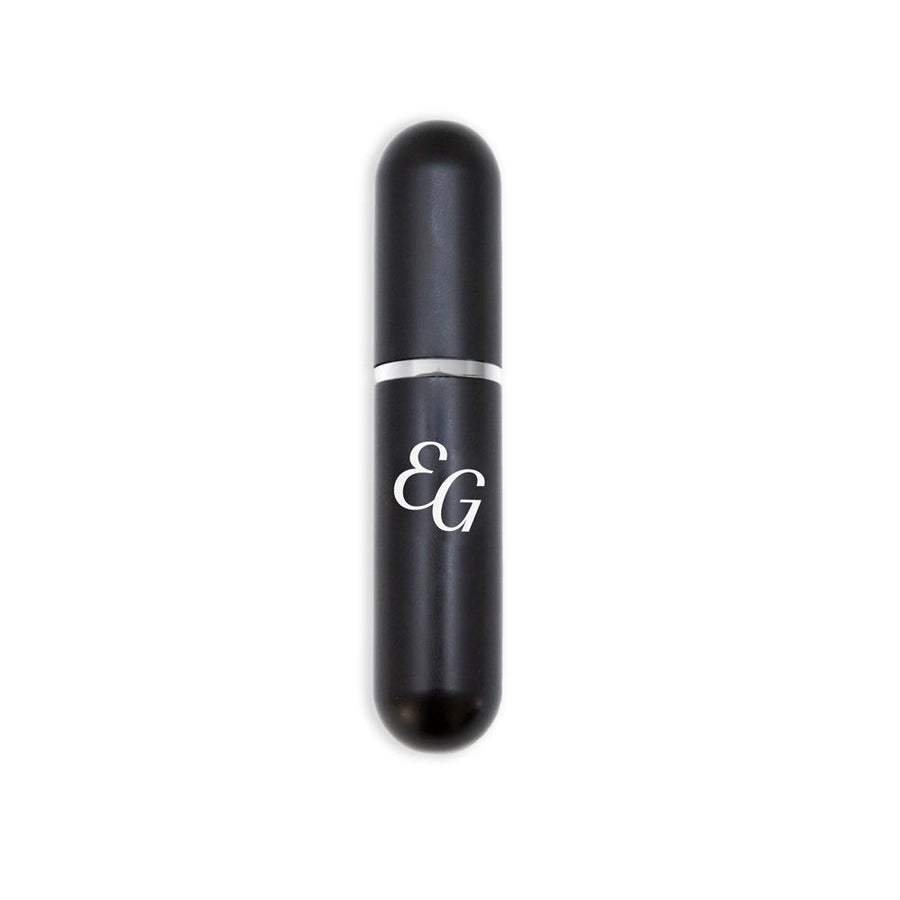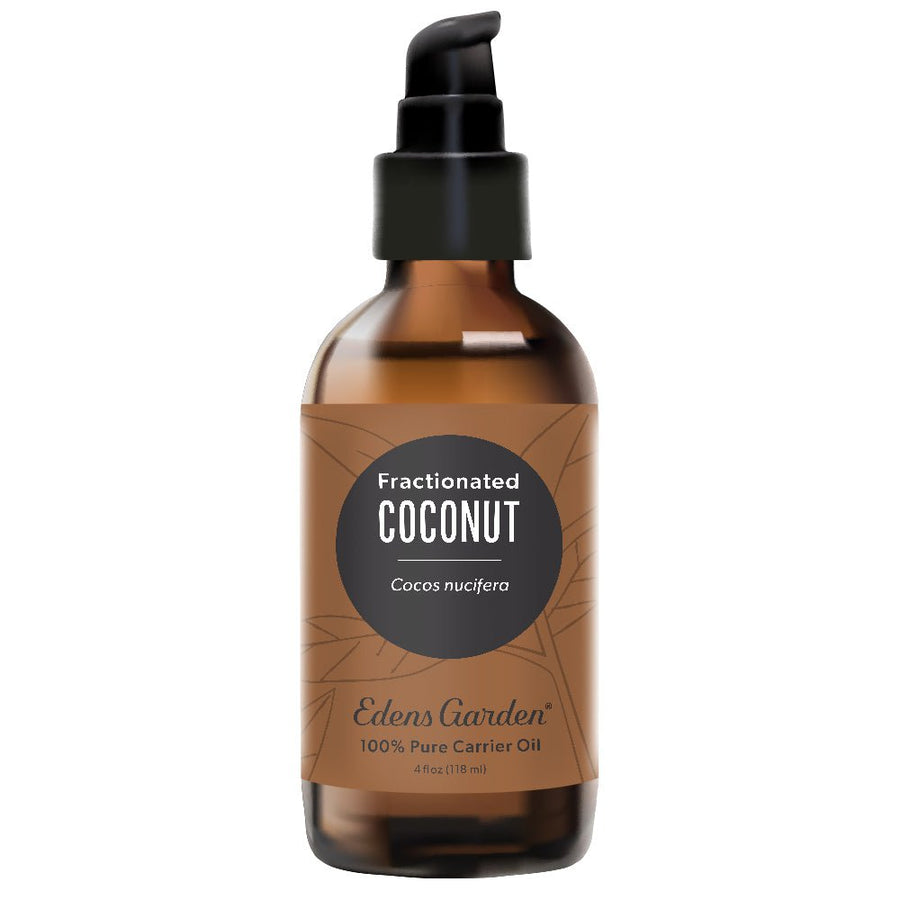The Best Benefits & Uses Of Insomnia Aid Essential Oil Blend

It can be difficult to cope with a busy day when sleep disturbances keep you from getting the deep, restful and restorative zzz’s you desire and need. Both insomnia and poor sleep habits can be caused by different triggers that disrupt our nightly routines such as anxiety, stress, pain, eating large meals before bed, alcohol consumption and breathing difficulties due to colds or flu. Fortunately, aromatherapy can be an influential role as a helping hand for insomnia and restlessness.[1]
Sleep health is incredibly important to help us cope with daily tasks while untreated sleep disorders, insomnia and sleep apnea can lead to physical, mental and emotional health issues.[2] Insomnia is defined as habitual sleeplessness or an inability to sleep. Breathing difficulties due to colds and flu or even allergies can diminish sleep quality, cause sleep deprivation and be a root cause of insomnia.
In the event that you do fall asleep, obstructed sinuses can lead to snoring which has a negative effect on your oxygen intake leaving you grumpy, headachy and out of sorts the following day. Fortunately, there are a number of essential oils that ease sinus inflammation and reduce congestion to mitigate snoring, making it easier to get restful sleep. On top of this, a myriad of essential oils can help ease anxiety and stress and have a sedative effect on the central nervous system.
Holistic aromatherapy has been used throughout history for calming anxiety and assuaging stress, reducing sleep disorder, curtailing snoring and minimizing the after-effects of sleep apnea. According to the Mayo Clinic, the most common type of sleep apnea is Obstructive Sleep Apnea. It “occurs when the muscles that support the soft tissues in your throat, such as your tongue and soft palate, temporarily relax. When these muscles on the back of your throat relax, your airway is narrowed or closed and breathing is momentarily cut off.”[3]
While Insomnia Aid does not cure sleep apnea, it can alleviate certain symptoms of sleep apnea including restlessness, congestion and sinus inflammation. If you suffer from sleep apnea or are not sure if you suffer from it, we recommend speaking with your doctor about testing and integrating essential oils into your nighttime routine.
Essential Oils for Sleep Apnea and Anxiety
According to several sleep studies, It has been found that the “Inhalation of essential oils can be a safe alternative to pharmaceutical interventions [such as sleep medicine] for mild to moderate sleep disturbances” providing the user with restful sleep and better sleep quality.[2]
According to the National Sleep Foundation, another recommendation that leads to a good night's sleep is to pay attention to healthy sleep hygiene to improve your natural sleep cycle and bring on deep sleep such as having a “bedroom environment and daily routines that promote consistent uninterrupted sleep.”[4]
The best benefits of essential oils for insomnia and sleep apnea and other sleep problems can be found in Insomnia Aid essential oil blend. These aromatherapy oils benefit the respiratory system, opening airways and reducing congestion. They include Laurel Leaf, Ho Wood and Myrtle. The floral and herbal oils in this blend serve us by calming the central nervous system, easing anxiety and soothing mood making it effortless to ease into sleep at night. These spectacular plant oils include Bergamot Mint, Cedarwood, Rhododendron, Clary Sage, Melissa and Magnolia. Let’s take a deeper look into the oils found in this blend.
Insomnia Aid Essential Oil Benefits: A Look at the Ingredients
- Bergamot Mint is a herb unrelated to the fruit Bergamot. As with Bergamot, this oil has prodigious antianxiety benefits, gifting you with a cheerful and positive outlook that will melt away the day's stress leaving you centered and content. It's an incredible addition to bedtime blends and also is great for relieving sore, tight muscles.
- The Cedarwood essential oil found in this blend is from Nepal and carries the Latin name Cedrus deodara. Its aromatics are rich, captivating and earthy. Himalayan Cedar brings you warm respite and ushers in a sense of serenity. It has been used medicinally as a sleep aid to treat insomnia, promote restful sleep, soothe cough and bronchitis, as well as open sinuses and alleviate ear congestion.[5]
- Myrtle is a carminative, a digestive aid and an expectorant. It has an earthy-herbal aroma reminiscent of medicinal camphor that opens the breath and can assist the mind by clearing a foggy head. Its soft aromatics are calming and support the body and mind by giving rise to relaxation.
- Rhododendron is an essential oil that fuels the release of anxiety, reduces inflammation and unblocks the breath. It can envelop the user with its sweet comfort which is heartwarming - releasing emotional pain and offering you a blissful mood.
- Derived from the bark of the tree, Ho Wood is an anti-inflammatory that also brings with it the ability to pacify and has a sedative effect on the nervous system. It's a great oil to use when meditating as it promotes a sense of balance for the mind and body.
- Laurel Leaf was used traditionally to weave wreaths and crowns that were symbols of victory - all for good reason as this oil reinforces strength and encourages the user to overcome turmoil and apprehension, removing self-doubt. It's an excellent oil to clear out sluggish energy and enhance mental clarity. Inhaling this oil before bedtime will deepen the breath and facilitate the respiratory system in breaking up congestion.
- Studies have shown that Clary Sage acts as an anti-anxiolytic, antidepressant and sedative on the central nervous system. As an anti-anxiety and anti-depressive, Clary Sage provides a fresh outlook on life and can reduce contrary thoughts. According to the National Sleep Foundation, Clary Sage has been used for its sleep-promoting properties. It reduces cortisol levels thereby improving circadian rhythms. In one study of medical patients, those that inhaled Clary Sage essential oil showed a reduction in stress by lowering blood pressure and slowing respiratory rate.[6,7]
- As an antidepressant, Melissa aka Lemon Balm is often used in aromatherapy to lift spirits and is exceptional at giving comfort and assuaging anxiety. As a sleep aid, it's wonderful in blends to help promote deeper, restful sleep as it acts to calm the central nervous system.
- Therapeutically, Magnolia supports Melissa, Clary Sage and all the other sedative and calming oils in this blend relaxing both body and mind. It works especially well to reduce inflammation by increasing circulation throughout the body.
How To Use Insomnia Aid Essential Oil Blend
Like most essential oil blends for sleep we highly recommend inhalation either by diffusing or using an Essential Oil Inhaler. Studies have consistently shown that inhalation is an effective method for using essential oils which results in a positive effect on mood and sleep cycles. Essential oils can also help improve breathing difficulties.
For instructions on how to use your diffuser, please refer to the diffuser's product page.
DIY with Insomnia Aid Essential Oil Blend
If you have a sleep issue, inhalation is one of the best ways to enhance the sedative effect of Insomnia Aid in your home.[8] We recommend these recipes for easy DIY projects to use as a sleep aid for improved sleep quality so that you wake up more refreshed and clear-headed:
Topical Skin Cream or Massage Oil: Add 10-15 drops of Insomnia Aid to 1 ounce of carrier oil such as coconut oil or unscented cream and massage onto the chest, neck and pulse points.
Bath Blend: For a luxurious bedtime bath that will also leave your skin feeling soft and supple, combine 2 cups of Epsom salts, ½ cup of Baking Soda, 1 ounce of Castile soap and 6 drops of Insomnia Aid. Add this bath salt mixture to warm running water and soak for at least 15 minutes before bedtime for a night of deep sleep. Alternatively, try Good Night bath salt.
Take extra caution when getting in and out of the tub, as the oil may make the bottom of the tub slippery.
Essential Oil Inhaler: For on-the-go, an inhaler use can help to keep nasal congestion away and your sinus cavities clear leading up to an evening of restful slumber.
Here’s how you fill it: Separate the cap of the inhaler from the bottom piece and remove the glass container. After unscrewing the silver cap, add 5-15 drops of essential oil onto the provided wick in the glass container. Screw the cap onto the bottle, place it back inside the tube, and slowly breathe in the restorative power of essential oil. When it needs a refill, use a cotton ball as a replacement and add more oil.
SOURCES:
- The Therapeutic Effect of Aromatherapy on Insomnia: a Meta-Analysis. https://pubmed.ncbi.nlm.nih.gov/33839552/
- A systematic review of the effect of inhaled essential oils on sleep. https://pubmed.ncbi.nlm.nih.gov/24720812/)
- Obstructive Sleep Apnea. https://www.mayoclinic.org/diseases-conditions/obstructive-sleep-apnea/symptoms-causes/syc-20352090
- Sleep Hygiene. https://www.sleepfoundation.org/sleep-hygiene
- Deodar Cedar. https://sites.redlands.edu/trees/species-accounts/deodar-cedar/
- Changes in 5-hydroxytryptamine and cortisol plasma levels in menopausal women after inhalation of clary sage oil https://pubmed.ncbi.nlm.nih.gov/24802524/
- Replication of cortisol circadian rhythm: new advances in hydrocortisone replacement therapy https://pubmed.ncbi.nlm.nih.gov/23148157/
- What to Know About Essential Oils for Sleep Apnea https://www.webmd.com/sleep-disorders/sleep-apnea-essential-oils
Grab The Essentials Here:
Leave a comment (Comments will be approved before showing up)
2 comments
Cheri
Are these (and other) essential oils safe to diffuse in homes with dogs and cats?








Edens Garden
January 2, 2024 at 11:32 am
Hi Cheri! You can learn more about pet-safe essential oils here: https://www.edensgarden.com/blogs/news/animals-and-aromatherapy-how-to-use